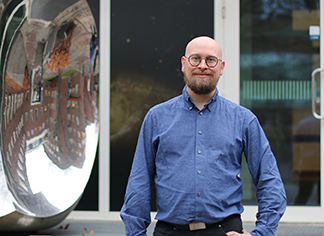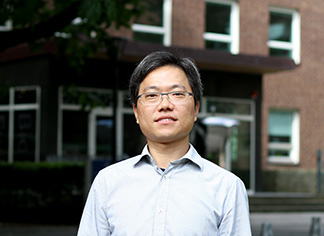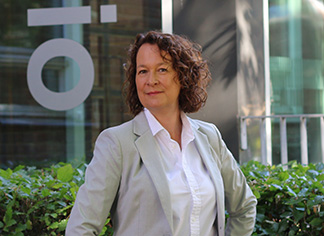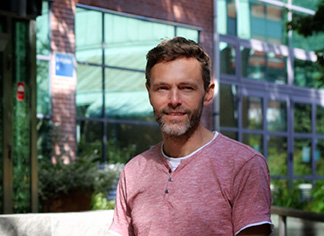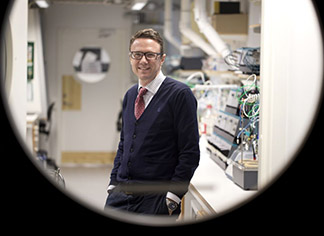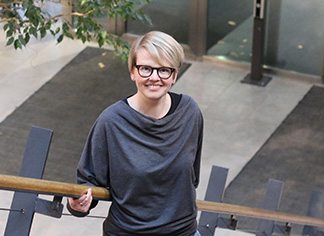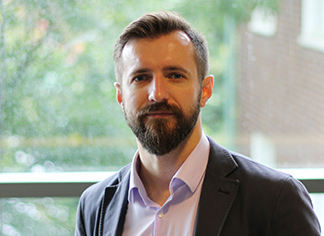Assistant Professor
Annikka Polster
Phone: +46 (0)739435262
E-mail: annikka [at] chalmers.se
Office: Room 3057 (Fysik Origo, Kemigården 1)
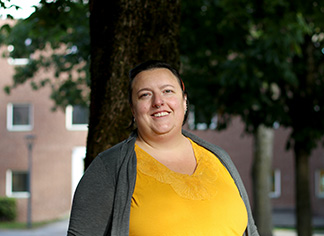
Our research focuses on systems medicine approaches to complex diseases. We combine competences in clinical and translational medicine with systems biology, bioinformatics and statistical modelling.
Complex diseases arise out of a combination of multiple genetic and environmental factors. Patients usually show substantial differences with regards to their symptom profiles, disease progression and treatment response. In addition, the traditional view of diseases as distinct clinical entities does not accurately reflect neither clinical nor biological observations, as many complex diseases share symptoms, pathomechanisms and molecular features.
Unfortunately, mechanisms underlying both the disease manifestation itself and the differences among patients are not well understood. Therefore, there are only suboptimal options for prevention and treatment available. What is clear though is that we need personalized approaches, and learn how to give the right treatment to the right individual at the right timepoint.
Our research addresses these issues from two sides, a theoretical and a translational approach.
The theoretical approach addresses nosological questions by rethinking the way we view medical conditions, and the way we view the difference between health and disease. To do this we develop mathematical models to reflect individual disease burdens and multiplex patient characterization. Here we aim to effectively and comprehensively characterize an individual’s disease-related profile taking into account molecular, physiological and pathological characteristics simultaneously.
The translational approach focuses on data-driven computational modelling, aiming to identify novel and personalized endotypes using patient-specific clinical and molecular features. Here we aim to understand how we can link phenotype and pathomechanism in the respective individual.
To utilize our research, we then combine these two viewpoints to identify which characteristics of a genome, transcriptome, traitome are most predictive for symptom-expression and/or treatment response in the individual patient.
Current members of the Polster Lab:
Kleio Gkoutzomitrou, MSc student
Xinlei Li, MSc student
Gaston Sandstig, MSc student


